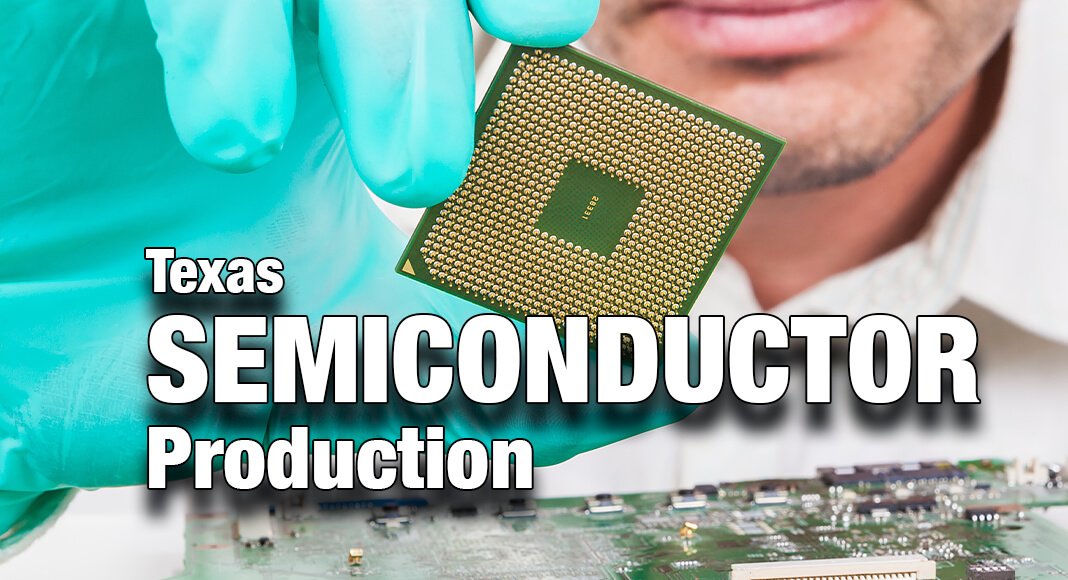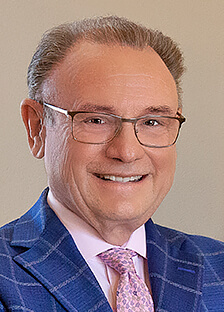
Texas Border Business
The CHIPS and Science Act was approved about two years ago to support US semiconductor production and innovation. It provides funds to encourage private investment and has already led to about $450 billion (and rising) in new projects.
Texas Instruments (TI) was a recent beneficiary, with up to $1.6 billion in direct funding to support three 300mm semiconductor wafer fabs under construction in Texas (near Sherman) and Utah and another $6 billion to $8 billion in Investment Tax Credits as a qualified US manufacturing investment. Samsung’s Taylor, Texas production facility has received $6.4 billion. It is important to note that the TI and Samsung investments in these facilities are multiples of the federal influx, and that the new facilities will create thousands of jobs. More importantly, they will help to secure future US economic growth, security, and, indeed, sustainability.
The essential purpose of the CHIPS Act is to develop a geopolitically dependable supply of semiconductors. These chips are critical to a variety of industries including the automotive, data storage and wireless applications, consumer electronics, industrial, smartphone, wired communications, server, and PC sectors (in other words, just about everything). In addition, advanced chips are needed for AI technologies. They are also essential to national defense.
Although most often designed in the United States, the vast majority of chips are produced in Taiwan. In addition to the potential for a conflict with China, Taiwan is subject to earthquakes and droughts which can affect production. The importance of a reliable supply was made abundantly clear during the pandemic, when supply disruptions brought a variety of industries to a virtual standstill (including automotive manufacturing).
The Texas CHIPS Act further encourages development of the industry in the state, establishing the Texas Semiconductor Innovation Consortium (TSIC) and the Texas Semiconductor Innovation Fund (TSIF). The TSIC brings together experts from higher education, industry, and non-profit stakeholders to support enhanced innovation, R&D, investment, and workforce development (among other things). The TSIF may be used to match funding to state entities (such as universities) for research, design, and manufacturing projects as well as to businesses to encourage economic development related to semiconductor manufacturing and design.
Although the investment in reshoring is making a significant difference, challenges remain. It will be difficult to replicate the capacity for the spectrum of semiconductors (which become more remarkable and sophisticated every year), foster requisite supply networks, and assure assembly and testing after fabrication. Mexico has capabilities in some areas, and exploiting these synergies is likely to be essential in assuring US capacity.
Much like adequate energy supplies, chips are essential to the economy, national security, and our quality of life. Strides toward supply chain resilience amidst geopolitical tensions are worthy of investment. Stay safe!
___________________
Dr. M. Ray Perryman is President and Chief Executive Officer of The Perryman Group (www.perrymangroup.com), which has served the needs of over 3,000 clients over the past four decades.















